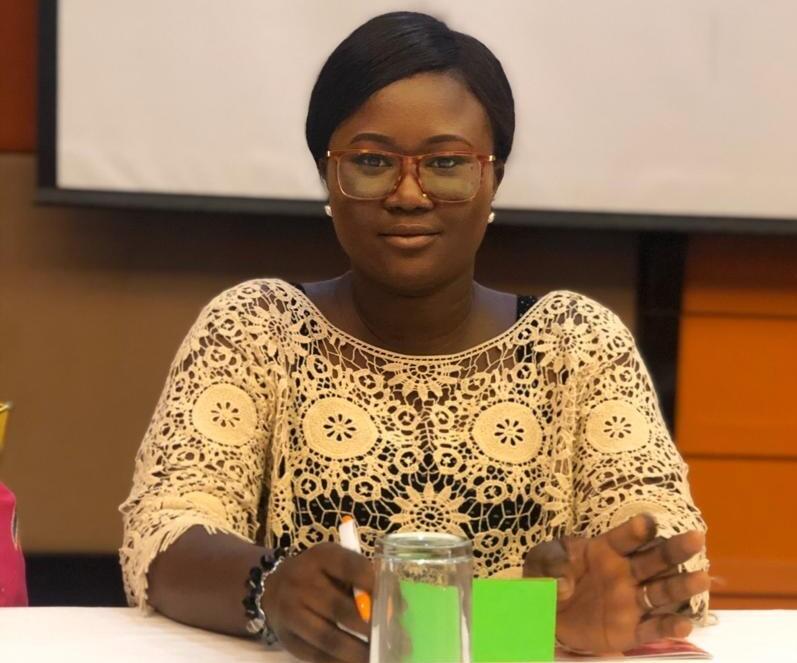“When I was about 2 years old, without my mother’s consent, my Aunties took me to my father’s village, Bondally Tenda to have me circumcised.” – This is the story of Fatou Saho, a 24year old human rights activist and nurse who currently works with the UNFPA supported Gambia Committee on Traditional Practices Affecting the Health of Women and Children (GAMCOTRAP).
Female Genital Mutilation (FGM) as a deep rooted cultural practice around the world including in The Gambia. Fatou is part of the 76% of women and girls between ages 15 and 49 who have undergone the practice in The Gambia. At the age of 2, when young girls around the world are perfecting their baby steps and speeches to take on the world, when all a child longs for is the warm embrace of her mother, the fulfillment, smiles and laughter children bring to the faces of their mothers, Fatou was robbed of her rights because for a child, they believed she had no say in what happens to her body. She shared that “Growing up learning and experiencing certain things, I realized that a part of me was taken away.”
Working with GAMCOTRAP has developed Fatou’s potentials and sharpened her voice to lead change. According to her, “Since I graduated from the School of Nursing, no girl in my family has undergone FGM.” She has travelled the length and breadth of this country educating women and girls on the harmful effects of FGM. With a strong understanding of the female anatomy, Fatou believes that “every single body part serves a purpose and nobody has the right to tamper with her physical make up.”
Speaking to women and girls around the world, Fatou Saho shares her hope and vision for them in the next 10 years as the world takes center stage to eliminate all harmful traditional practices including Female Genital Mutilation by 2030 amongst other global goals.
Fatou believes that 10 years from now, women and girls who were subjected to the practice can look back at their journeys and recognise that they have contributed towards ensuring that their siblings, children, neighbours and girls in their communities have been set free from FGM by speaking up now against the practice.
With the strong conviction that the world is bigger than her house and community, Fatou is motivated to save the next girl in the hardest to reach communities who are at risk of undergoing FGM.
According to her, in order to eradicate FGM, there is a need to engage women in communities to understand the negative consequences of the practice on their health and wellbeing and to popularize the anti-FGM law, so as to influence voluntary abandonment.
Fatou’s message to perpetrators and the entire world is, “FGM violates the sexual and reproductive health and rights of children. We must all push for an end to the practice!”
UNFPA The Gambia continues to support GAMCOTRAP to enhance grassroots mobilisation and promote community abandonment of FGM by building the capacities of women, girls and young people, engaging traditional leaders and communicators and empowering girls to say no to the practice.
***
Media contact:
Isatou Jallow - Communications Associate, UNFPA The Gambia ijallow@unfpa.org
Haddy Jonga - Programme Analyst Communications, UNFPA The Gambia jonga@unfpa.org


